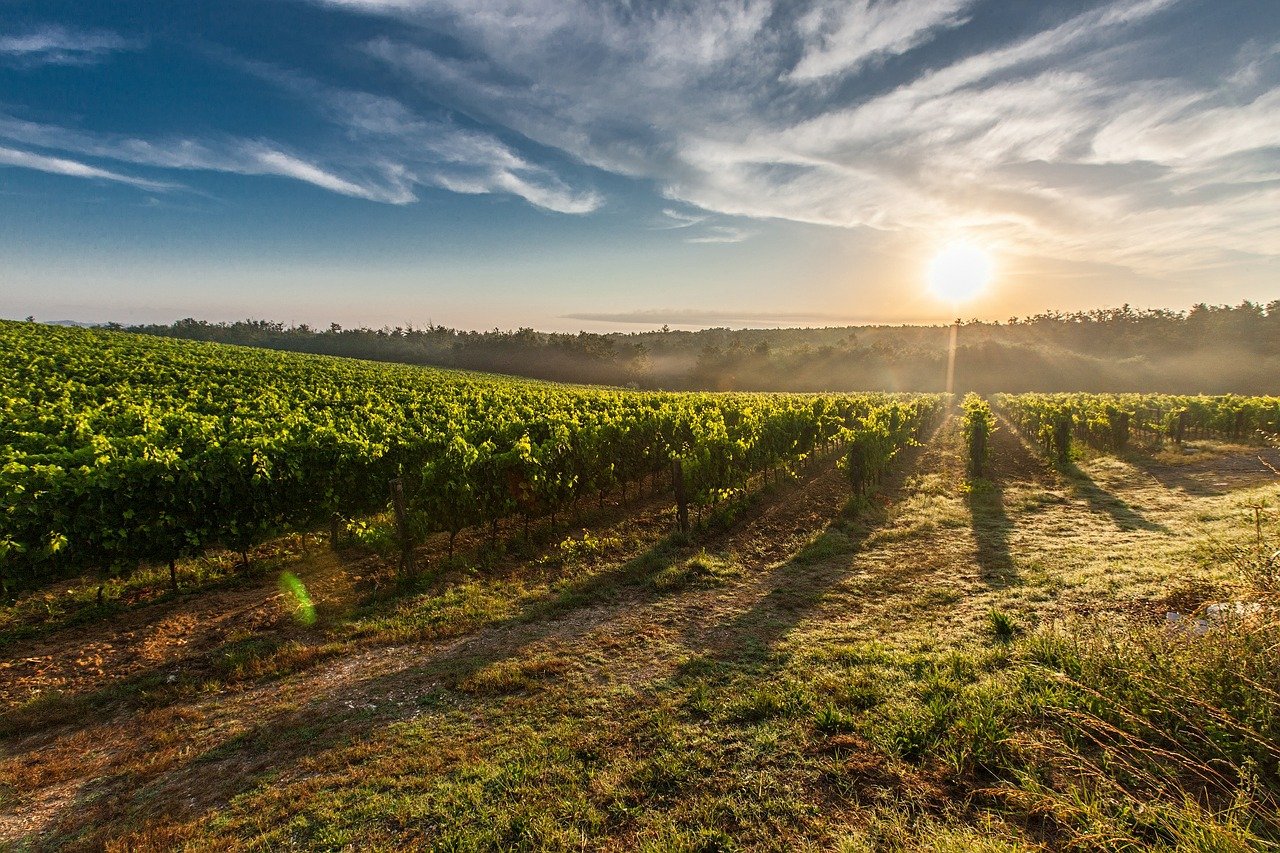Is Climate Change Threatening Our Food Supply?
In the main, a reliable food supply relies on two things: the ability to grow food and the ability to distribute it to where it is needed. Of course, if you can increase the amount of food you grow locally, then the reliance on the distribution system becomes less of a factor. However, if you look at some of the big cities in the UK, especially the large conurbations, then there is very little space to grow food locally or even near-local. As such, it is fair to say that climate change is going to play a significant factor in food supply and security in the near term. How is this likely to play out?
Changing Farming Techniques
Agricultural producers are already adapting to climate change in the UK. You can see this already playing out in the way that crops are being harvested. In particular, growers of commercial cereals – wheat, barley and the like – are starting to harvest their crops earlier than they used to. Of course, there has always been a degree of variation in the harvest season but many crops, especially in southern and eastern England, were harvested four or five weeks earlier than usual this year because of the long, dry summer.
The same thing is affecting the way summer fruits, such as strawberries and peaches, are being harvested. At the moment, growers can cope with these changes but who knows how far climate change will continue to affect crop development? Equally, livestock producers are starting to see changes to the lambing season and even milk production yields due to changing weather patterns. Some predict that parasites and other unwanted developments, such as greater exposure to livestock disease, could be a consequence of climate change, as well.
Increased Distribution Costs
As the world attempts to de-carbonise, it will rely less and less on the relatively inexpensive form of energy that has driven so much global warming, petrochemicals. Even today, crude oil trades at very high prices, something that feeds into the worldwide food distribution system in the form of energy costs. As climate change deepens and cuts to oil and gas usage go further, could the cost of distributing food go higher? Certainly, many industry experts think that it could.
This might not be such an issue in the UK as in other places in the world that rely on imports of basic foodstuffs. In the end, it will come down to straightforward affordability and poorer countries are likely to suffer the most. Bear in mind, too, that rising sea levels are predicted due to polar ice caps melting. If that happens, then many of the world’s major seaports – through which much food travels, of course – will not be able to operate as they once did and some may even become redundant. This is something else that will require significant investment to overcome.
Reliance on Food Storage Technology
Undoubtedly, there will be a greater reliance on food storage systems in the UK as climate change alters the perishability of certain foodstuffs. From cold storage depots to refrigerated distribution hubs, the reliability of chiller equipment will be ever more crucial to the dependability of a food supply chain weakened by rising seawaters and changing seasonal activities.
It is worth noting that there was a recent high-profile case of a leading UK retailer that suffered a number of breakdowns with its chiller equipment leading to a widespread loss of food and, of course, profit. According to TJ Refrigeration, a commercial chiller installation and repair specialist based in Rochdale, consumers will only continue to have confidence in retailers that have reliable cooling equipment. Without chillers operating at their optimal level, the shelf-lives of food products will shorten, inevitably leading to unwanted wastage, something that could push the price of food even higher.
The Role of Fertilizer
There is no getting around the fact that fertilizer production is a significant contributor to carbon emissions around the world. However, without effective fertilizers, crop yields are likely to fall. Could this mean hungry mouths in the country are to be balanced against the UK’s carbon reduction commitments? Possibly, yes, but it need not be this way.
To begin with, a return to strains of crops that are more naturally resistant to blight and that are less reliant on artificial fertilizers would make a big difference. Indeed, if technologies develop that mean fertilizers can be made in a carbon-neutral way, then this may not be as much of a problem as it seems today. However, such technologies do not yet exist at scale, a significant challenge for the food production industry as a whole.

